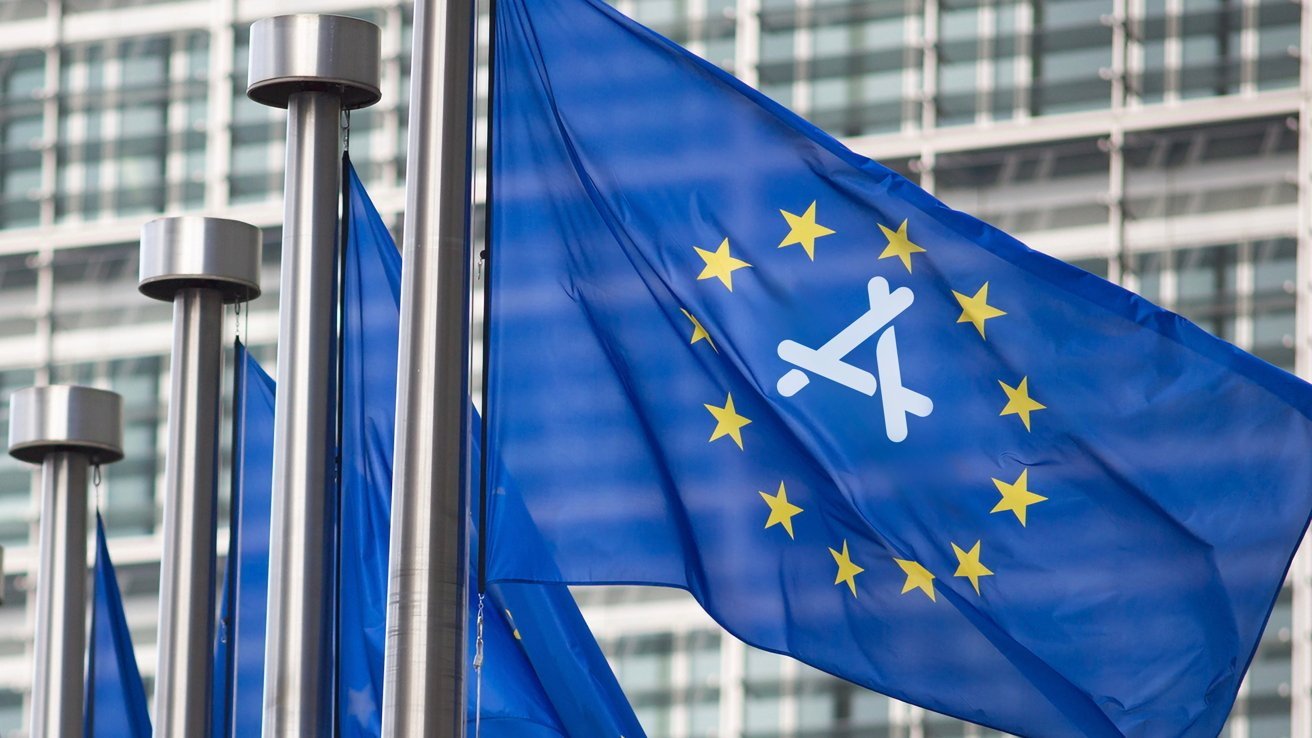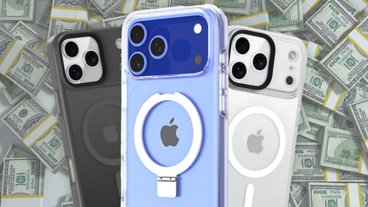The Open Web Advocacy group claims that despite claiming to allow rival browser engines on the iPhone, Apple has made it impossible for developers to create them.
At the end of June 2025, the European Union hosted a workshop for Apple and other parties to raise issues concerning the Digital Markets Act (DMA). Now video of one section of the workshop has by the Open Web Advocacy (OWA) group to support its argument that Apple is effectively still making app developers use its own WebKit browsing engine.
The OWA's case is that Apple is blocking firms such as Mozilla and Google from switching their browser apps to their own engines in two ways:
- Not allowing for different versions of existing apps
- Not allowing testing outside of the EU
That first condition means that at present, no company can change from having a worldwide version of their app, to having both that and an EU-only one. Instead, they have to create and market a separate app for the EU, meaning having to get users to switch from their existing version.
One answer to this would be to replace the current global app with different versions for the EU and everywhere else in the world. Another answer would be for Apple to simply allow third-party browsers worldwide — and while Apple decline to discuss some future plans, this was one move it was adamant it wouldn't do.
No worldwide third-party browser engines
"We are not going to export European law to the United States," said Kyle Andeer vice president of Apple Legal, "and we're not going to export your European law to other jurisdictions. Each jurisdiction should have the freedom and decision making to make its own decisions."
Regarding why there were no rival web browser engines despite the DMA being law for 15 months, Apple's Andeer repeatedly referred to how the EU was forcing it to compromise the security and privacy "that has worked for 18 years."
Nonetheless, says Andeer, Apple has create a program that lets third-party browser engines come to iOS, yet keeps security and privacy in mind. "And for whatever reason, they've chosen not to do so."
Introducing hurdles for developers
The OWA didn't accept that it was the browser firms' choice not to come to iOS. And OWA volunteer James Heppell pressed on the point about Apple preventing testing.
"Most web developers... [are based] all around the world, in the US, where you're from, in Asia and African, the rest of America's all over, and they still serve EU users," said Heppell, "but they're going to be unable to install or test these new browsers with their third party engines on their devices."
That's because allegedly, only developers within the EU are able to test this type of app for users in that region. Heppell pointed out that Apple had eventually allowed versions of other types of EU-only apps to be tested outside the Union, and asked why it wasn't doing the same for browser engines.
Andeer admitted that "we're in a position of transition," but also that Apple believes it has "developed a compliant solution."
Gary Davis, senior director of Apple Legal, added that the company was discussing this testing issue with Mozilla and Google.
"I would expect to see some updates there," he said. "So you can generally see we are trying to be more conscious of that."
Fractious meeting
The EU itself has not released any video from the workshop, but under its rules, any attendee can do so within certain conditions set during the event. The OWA is the first to release any video, and it is only a portion of the workshop, but it does also contain moments of heated disagreement.
At one point after EU organizers allowed questions that were arguably off the event's agenda, Kyle Andeer made an inaudible crack about hearing from Spotify. OWA's James Heppell took affront at what appeared to be an accusation of the group being funded by Spotify, and Andeer was quick to clarify that he didn't mean the advocacy volunteer.
Without more of the workshop video being release, it isn't possible to be clear who he did mean. He referred only to someone he called a code representative, who was in the room and alleged is funded by Spotify amongst others.
What happens next
This meeting was the 2025 Apple DMA Compliance Workshop, and was one of a series of such meetings. Each was held with a different company designated as a "gatekeeper" by the EU, and OWA has also from the session with Google.
The EU has said only that these workshops in Brussels would allow for interested parties to give feedback on DMA compliance issues, and to ask questions. There is no stated further response coming from the EU, and no indication of what outcomes may come from any of the workshops.
This series of workshops, though, was the second such run following an initial set in 2024. So it seems likely that there will be a third series in 2026, although no dates have been announced.
The workshop, though, comes as Apple has filed an appeal accusing the EU of overreach with the DMA. Specifically, it claims that the EU is trying to micro-manage Apple's business, and going far beyond the extent of the law.









